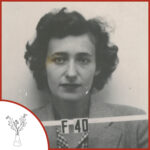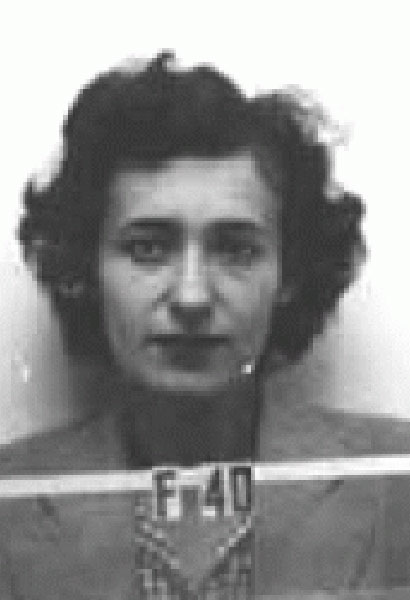

Birth: December 18, 1922
Death: November 11, 2006
Specialty: Microbiology
Major Contributions:
Discovery of bacterial virus λ
Improved replica plating techniques
Founder and Director of Plasmid Reference Center
Image Source: Wikimedia Commons
January 27 marks the anniversary of the first air dropped atomic bomb detonation at the nuclear testing site in Nevada as part of the Manhattan Project. Chemist Lilli Hornig was one of the pioneering women to be part of this project.
Born in 1921 in the Czech Republic her family moved to Berlin early in her life, but as the Nazi party gained more power the family fled to America in 1933 and in 1942 Hornig earned her BA from Bryn Mawr and was married the next year. Her husband, Donald Hornig, was recruited to the Manhattan Project in Los Alamos, Nevada. Upon arrival she started searching for her own work and was given a job as a staff scientist. She and another woman worked in a chemical research lab studying various plutonium salts until it was discovered that the salts they were working with were a very radioactive isotope. Both women were fired from their positions, due to what was termed “worry about their reproductive health” Hornig was unhappy with this decision and was eventually given a position working with high-explosive lenses.
On the day of the Trinity bomb testing she and two friends drove up Sandia Mountain to get a good view of the detonation, which they witnessed in the dawn sky. After the first test Hornig signed a petition that was being circulated among scientists to ask for a demonstration on an uninhabited island rather than the bomb being used on Japan. It wasn’t long after that two atomic bombs were dropped on Japan, effectively ending World War II.
After the war Lilli Hornig earned her PhD from Harvard and held various positions at major colleges and universities. Hornig considered herself a feminist and worked as founding director of HERS (Higher Education Resource Services) under the auspices of the Committee for the Concerns of Women in New England Colleges and served on equal opportunity committees for the National Science Foundation, the National Cancer Institute, and the American Association for the Advancement of Science. She authored three books on women in the sciences, was a Life Trustee of the Woods Hole Oceanographic Institute, and a trustee of the Wheeler School. Hornig passed away in November of 2017 but her contributions to the Manhattan Project were included in the film Oppenheimer released in 2023.
Written by Angela Goad
Sources:
Atomic Heritage Foundation: Lilli Hornig
Women of Wesleyan: Lilli Hornig (Archived)
Voices of the Manhattan Project: Lilli Hornig’s Interview
See Also:
Chemists Reminisce On 50th Anniversary Of The Atomic Bomb
